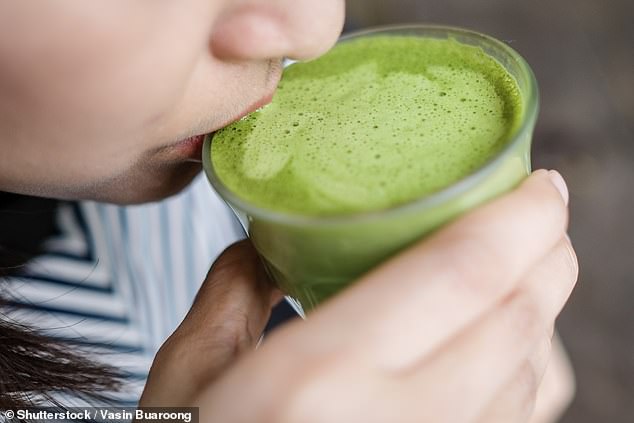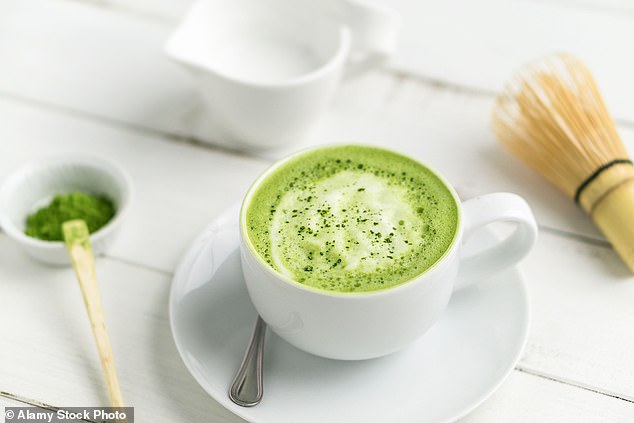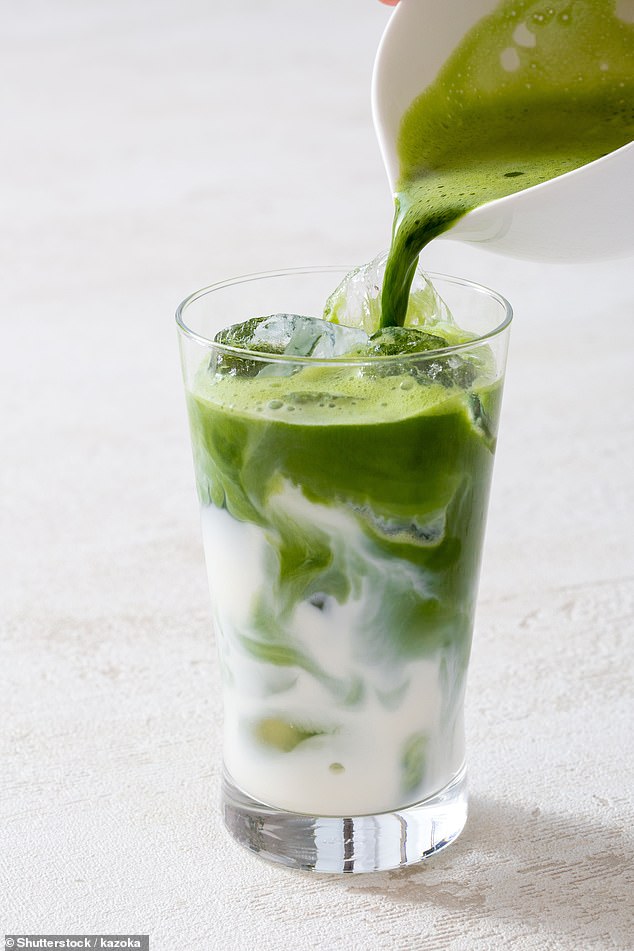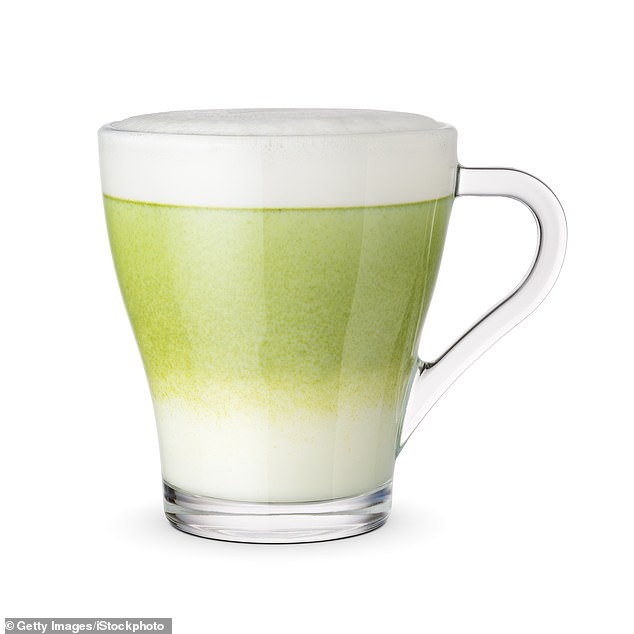Matcha Crisis Looms: Green Tea Trend Sends Demand Soaring
Japan is beginning to see a shortage in matcha, the trendy green tea that has been promoted for its health benefits by social media influencers.
Since the 12th century, when Buddhist monks first brought this beverage to Japan, the country has particularly cherished matcha – a tea crafted from green tea leaves meticulously shaded and then pulverized into a fine dust.
In the last ten years, production has almost tripled, with Japan manufacturing 4,176 tonnes of matcha in 2023.
The consumption of antioxidant-packed green tea hit an all-time peak last year, as stated by Fumi Ueki, who leads one of Japan’s biggest tea firms.
Rapidly increasing demand, mostly fueled by online trends, has led to warnings about potential shortages continuing throughout the year.
Major influencers like Sophie Habboo and Kourtney Kardashian have highlighted the advantages of matcha.
Matcha tea is made by combining fine matcha powder and hot water with a special matcha whisk, which is used to form a creamy foam that sits on the tea.
Supporters argue that this tea enhances brain health thanks to its rich levels of polyphenols, chlorophyll, caffeine, and L-theanine.



The demand primarily originates from markets beyond Japan — despite a decline in the consumption of matcha and loose-leaf green tea within the country itself, international sales are anticipated to almost double from £2.2 billion in 2023 to £3.9 billion by 2028.
Last year witnessed a doubling of matcha product sales in the UK. It’s believed that the debut of the American café chain Blank Street on British High Streets back in 2020 sparked this increased interest, thanks to their lineup of matcha beverages infused with flavors like blueberry and white chocolate.
The surge in demand has turned into such an issue that last year, two major Japanese tea companies, Ippodo and Marukyu Koyamaen, imposed never-before-seen purchasing restrictions on their matcha items.
However, growing evidence indicates that excessive amounts can lead to iron deficiency. If left unchecked, this condition can increase the likelihood of serious infections along with potentially fatal heart failure.
Iron, present in red meats as well as numerous vegetables, plays a key role in generating red blood cells that carry oxygen to your organs. Additionally, it is essential for maintaining a robust immune system.
Experts currently suggest that consuming merely one cup of matcha tea daily might lead to issues.
Studies indicate that teenage girls, expectant mothers, and post-menopausal women face the greatest risk of developing an iron deficiency linked to matcha consumption.
People should be conscious of the possible hazards associated with consuming this beverage," explains Dr. Jeannine Baumgartner, a nutritional specialist and research scientist from King's College London, whose work includes investigations into matcha. "A significant risk involves deficiencies, especially among young women who require more iron.



It has long been known that green tea can, in some cases, trigger an iron deficiency.
This is because it contains high levels of tannins – a compound which gives tea its bitter flavour.
Studies indicate that tannins bind to iron particles within the gastrointestinal tract, thereby inhibiting their absorption.
In 2010, the Journal of Chinese Medicine conducted a comprehensive analysis involving more than 150 studies which revealed that drinking over three daily cups of standard green tea can decrease iron uptake. It is suggested that matcha might have an amplified impact since a single cup contains approximately sevenfold the amount of tannins compared to a comparable serving size of conventional green tea.
In addition to the effects of tannins, research indicates that caffeine can decrease iron absorption. Furthermore, matcha, on a per-gram basis, may have up to four times more caffeine than coffee.
Specialists suggest that consuming just one cup of matcha daily might also lead to significant health benefits.
'Matcha is much more problematic than green tea, as it is more concentrated so affects iron absorption even more,' says
Professor Baumgartner states, 'Just one cup of coffee, if consumed improperly—either during or within two hours following a meal—can impact your iron absorption.'


Anaemia due to iron deficiency is already an issue. Two percent of males and eight percent of females in the UK face this concern. suffer from the iron deficiency disorder known as anemia, and this issue is increasingly prevalent. The symptoms involve a yellowing of the skin, feelings of lightheadedness, and experiencing depressive states.
Last year there was a tenfold rise in the number of people hospitalised with iron deficiency, with nearly 200,000 being admitted.
But there are steps that matcha drinkers can take to protect themselves against this complication.
If adding milk or lemon juice helps, it can counteract the tannins, thereby improving iron uptake," explains Sarah Carolides, a nutritionist from London. "Additionally, it’s advisable not to use oat milk in your matcha latte since oats include phytates—these acids may hinder iron absorption too.
The timing is crucial for anyone thinking about having a cup of green tea.
Professor Baumgartner advises avoiding matcha at least three hours before or after having a meal. According to a study from 1983, consuming a cup of green tea alongside a hamburger meal was shown to decrease iron absorption by 68 percent.
With evolving drinking patterns, experts are urging an update to the guidelines for physicians who monitor cases of iron deficiency.
Prof Baumgartner states that doctors and general practitioners lack knowledge about the connection between beverages and iron absorption, and this situation urgently requires alteration.
Read more
Posting Komentar untuk "Matcha Crisis Looms: Green Tea Trend Sends Demand Soaring"
Please Leave a wise comment, Thank you